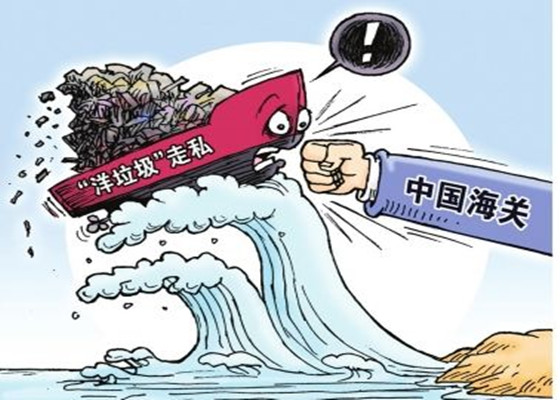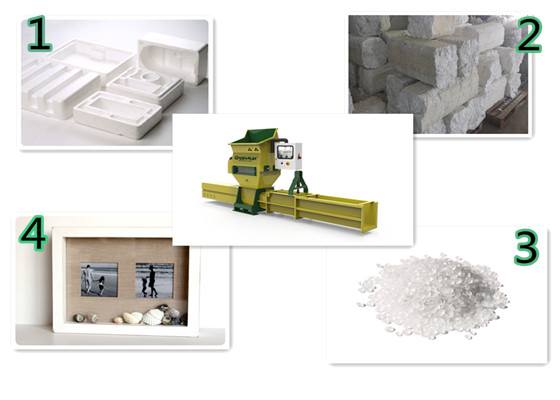The plastic market in the United States and Europe is undergoing a change since China promulgated the prohibition order in 2017.
Parc and GDB say they buy 16.5 million pounds of plastic a month, and about 40% export to China. However, as the ban was implemented, the nature of the company gradually shifted from trade and consulting to actual recycling.
“Now it makes sense for us as well, and we’ve built up genuine recycling lines and processing lines to make plastic particles that can be sold both to US manufacturers and to overseas markets.” said Sunil Bagaria, president of GDB.
He declined to give any details, but said his company plans to set up its own recycling plant in New Jersey and Ohio and start operations by the end of this 2017 or early 2018. “It is a very large investment,” he added.
 “If both projects succeed, we will have the same plant in Wisconsin,” Bagaria said.
“If both projects succeed, we will have the same plant in Wisconsin,” Bagaria said.
Frank Liu, chief executive of INTCO, said his company expects to sell more Styrofoam recycling equipment in the United States and Europe.
INTCO, who has the world’s largest recycling industry chain, designed GREENMAX- the Styrofoam recycling specialist and also purchase back the compacted Styrofoam blocks to make new products.
GREENMAX Styrofoam compactor can help solve your recycling problems. After the crushing and compacting, the loose Styrofoam waste will be turned into tight block which is 50 times smaller than before. These compacted foam blocks are profitable to recyclers.
Any cut in China will affect the world. Industry data shows that in the past ten years China has consumed nearly half of recycled plastics in global trade. In order to minimize this impact, GREENMAX is the best choice.

